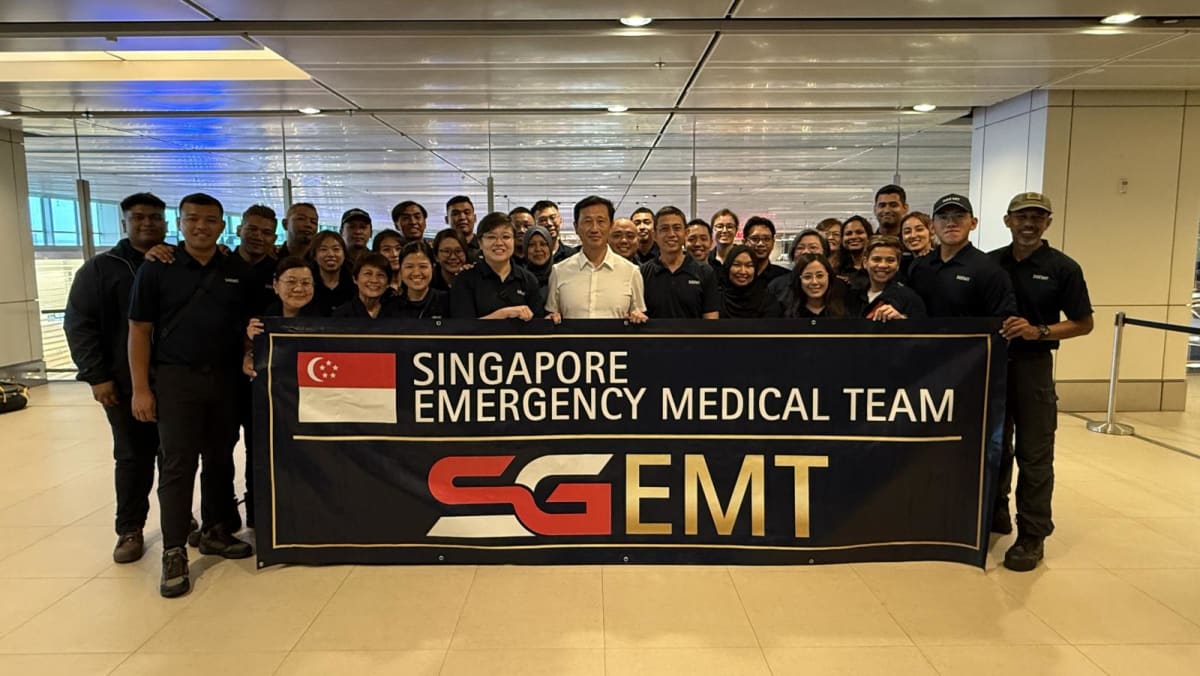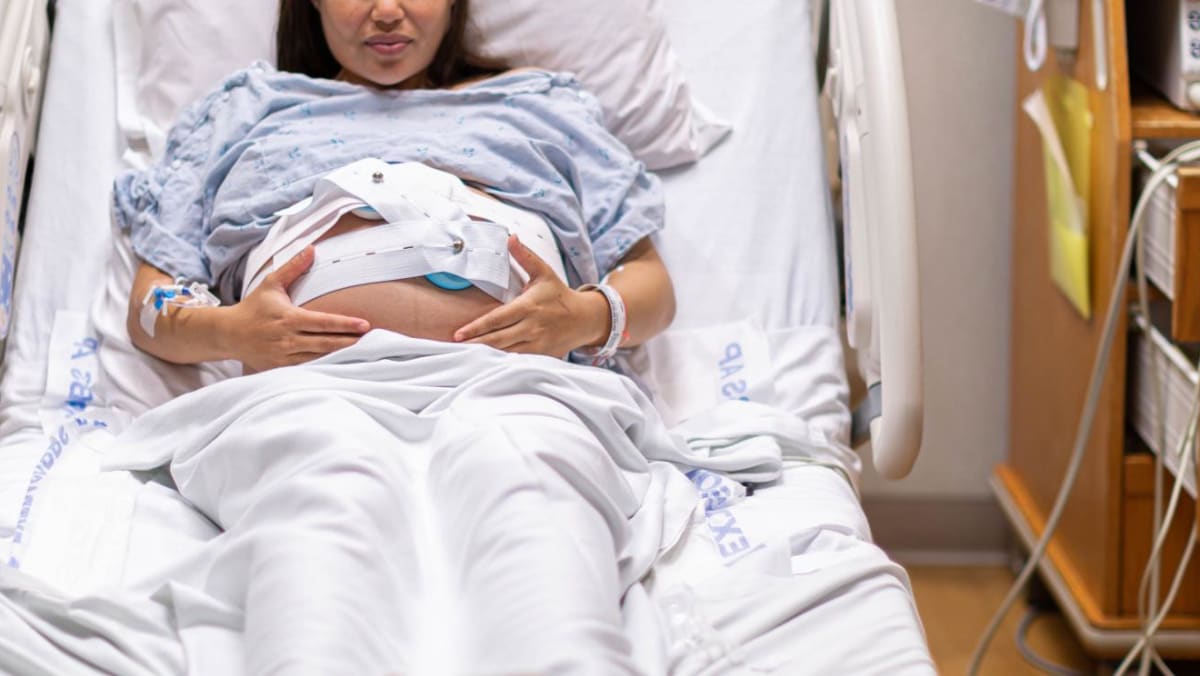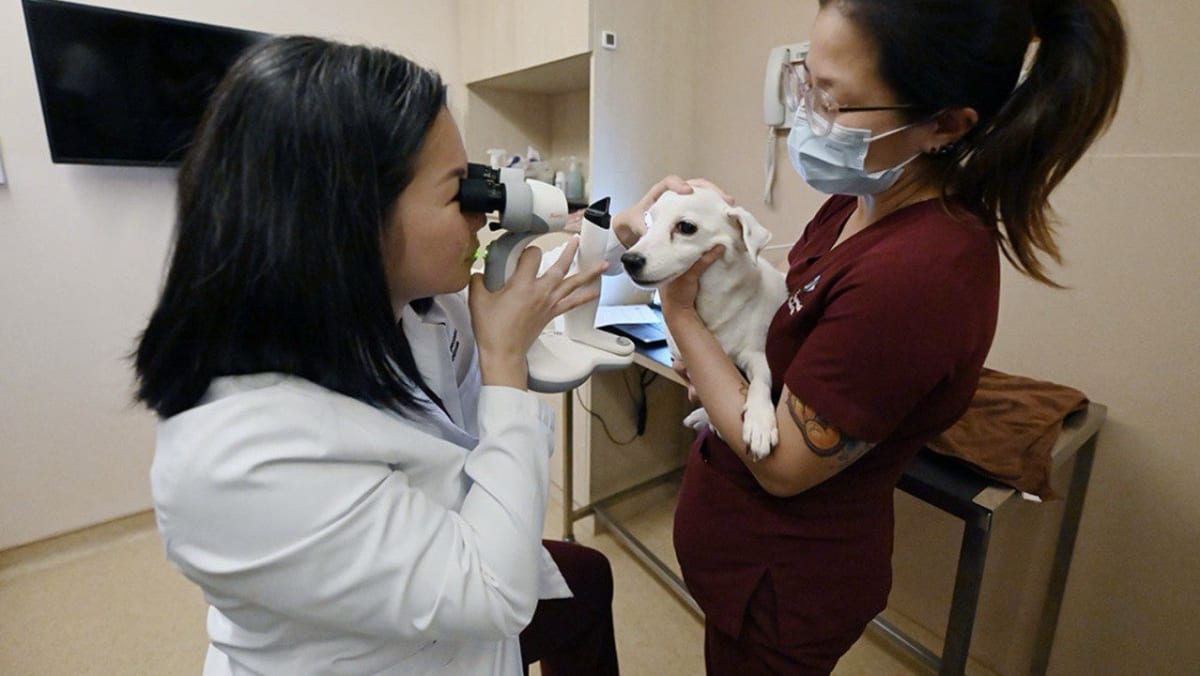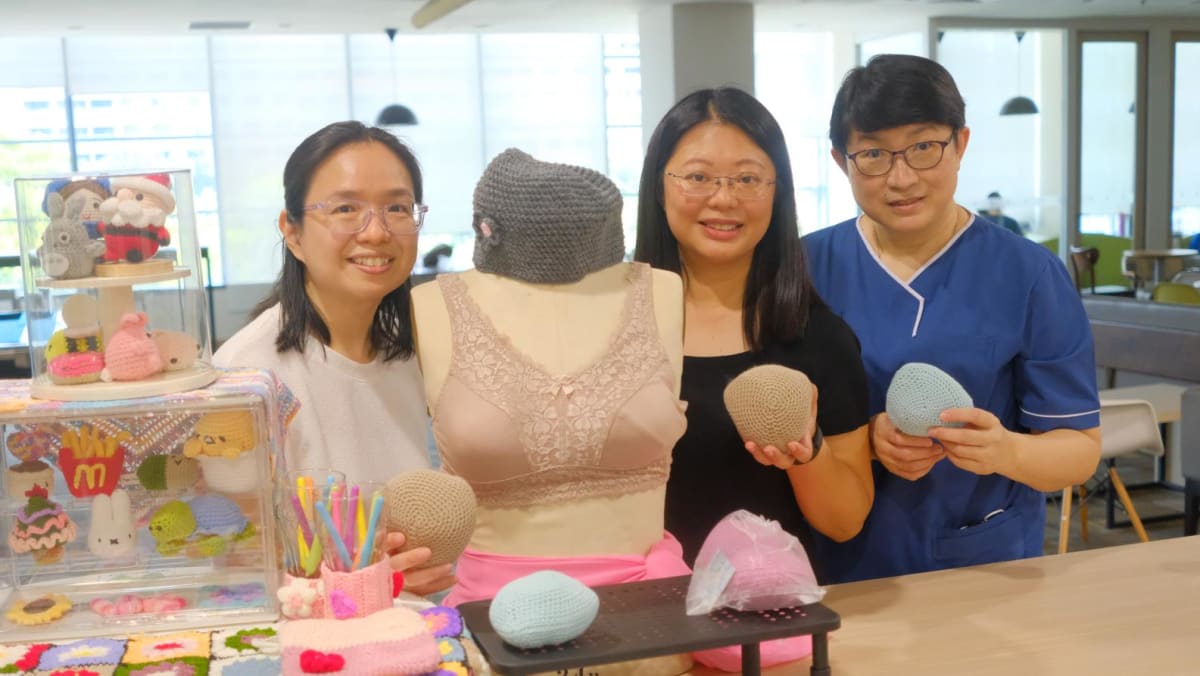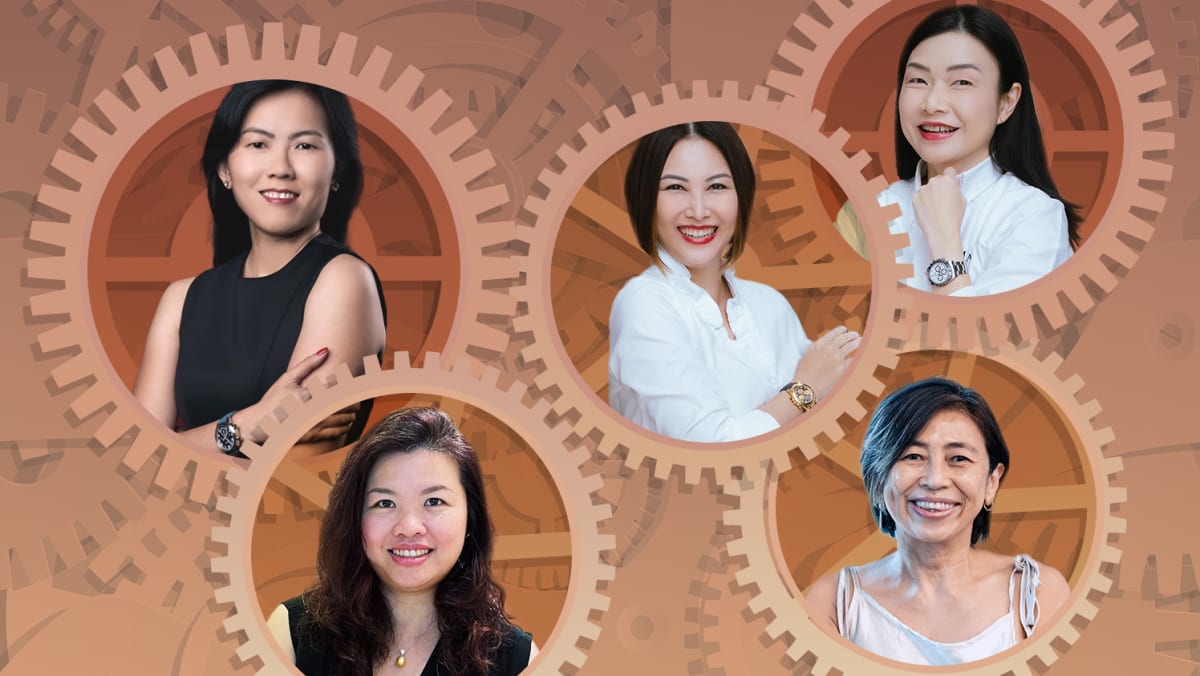Other risks that mothers face include postnatal haemorrhage due to uterine atony, a condition that occurs when the womb fails to contract effectively after delivery and can lead to excessive bleeding, she said. In rare cases, mothers may experience a tear in the womb, known as uterine rupture.
Prolonged labour can cause foetal distress due to reduced oxygen supply during long contractions, said Dr Lin.
Another complication called shoulder dystocia can also occur when the baby’s head is delivered, but one or both shoulders become stuck behind the mother’s pubic bone, impeding the birth of the rest of the body, added Dr Thain.
Prolonged time in the birth canal can deprive the baby of oxygen, while positioning may increase the risk of nerve injuries or fractures, according to the Royal College of Obstetricians and Gynaecologists. Shoulder dystocia can also result in more severe vaginal tears.
EMOTIONAL IMPACT OF PROLONGED LABOUR
Prolonged labour can leave a deep emotional impact on some women. Dr Lin said that longer and more difficult labour leads to greater physical and emotional strain, making women more likely to feel overwhelmed and experience more pain.
“It can lead to feelings of disappointment or trauma, particularly for first-time mothers. This experience may even influence their attitudes or plans for future pregnancies,” he said.
For instance, women who go through prolonged labour may opt for a planned caesarean delivery in subsequent pregnancies while others develop a fear of childbirth or increased anxiety during subsequent pregnancies, Dr Lin added.
For 32-year-old Sarah, who requested not to state her full name, the emotional toll of prolonged labour is something she still remembers vividly three years on. She spent nine hours being “stuck” at 5cm dilation. A call was made for her to undergo a caesarean section.
What overwhelmed Sarah the most was the moment she had to sign the consent form for a caesarean section, deviating from her original plan of a vaginal birth.
Seeing her disappointment and sadness over the turn of events, her doctor Assoc Prof Su offered words of encouragement and support. “She reminded me that what was most important was that my baby is delivered safely,” Sarah told CNA Women.
